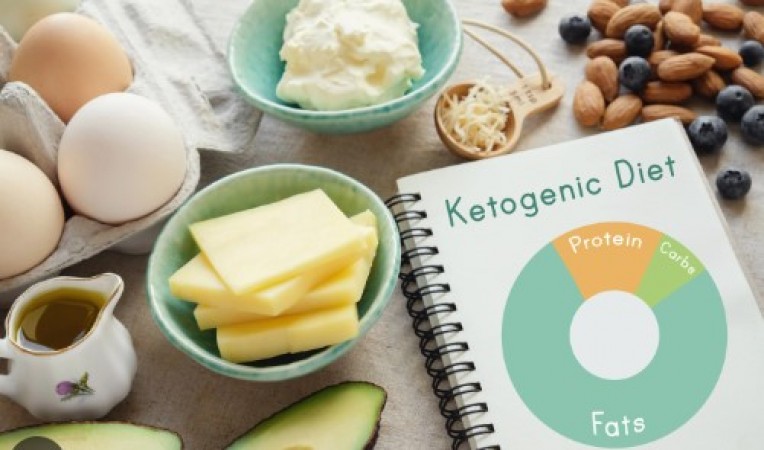
The ketogenic diet, renowned for its effectiveness in weight loss and health improvement, has gained immense popularity in recent years. However, experts warn that while it offers numerous benefits, it may also lead to certain nutrient deficiencies if not properly managed. Let's delve into the opinions of experts regarding the potential lack of vitamins associated with the keto diet.
The Basics of the Keto Diet
Before diving into the potential vitamin deficiencies, it's essential to understand the fundamentals of the ketogenic diet. This low-carb, high-fat eating plan aims to induce a state of ketosis in the body, wherein it burns fat for fuel instead of carbohydrates. By drastically reducing carb intake and increasing fat consumption, the body enters a metabolic state that offers various health benefits, including weight loss, improved blood sugar control, and enhanced mental clarity.
Expert Insights on Vitamin Deficiencies
While the keto diet can be highly effective for weight loss and metabolic health, experts caution that it may result in deficiencies of certain vitamins and minerals. Here's what they have to say about the potential lack of essential nutrients:
1. Vitamin B Complex
A common concern among experts is the potential deficiency of B vitamins, including B1 (thiamine), B2 (riboflavin), B3 (niacin), B5 (pantothenic acid), B6 (pyridoxine), B7 (biotin), B9 (folate), and B12 (cobalamin). These vitamins play crucial roles in energy metabolism, nerve function, and red blood cell production. Since many B vitamin-rich foods are restricted on the keto diet, such as grains and legumes, individuals following this eating plan may be at risk of deficiency.
2. Vitamin C
Another vitamin that may be lacking in a keto diet is vitamin C, which is essential for immune function, collagen synthesis, and antioxidant protection. While many fruits and vegetables rich in vitamin C are limited on the keto diet due to their carb content, it's crucial for individuals to find alternative sources to ensure adequate intake.
3. Magnesium
Magnesium deficiency is also a concern on the keto diet, as this mineral plays a vital role in numerous physiological processes, including muscle function, nerve transmission, and blood sugar regulation. Since magnesium-rich foods like beans and whole grains are restricted, keto dieters should prioritize sources such as nuts, seeds, leafy greens, and magnesium supplements if necessary.
4. Potassium
Potassium is an essential electrolyte involved in muscle contraction, fluid balance, and nerve function. While many high-potassium foods like bananas and potatoes are limited on the keto diet, individuals can still obtain potassium from sources such as avocados, spinach, and salmon.
5. Fiber
Lastly, the keto diet may lack sufficient dietary fiber, which is crucial for digestive health, blood sugar regulation, and satiety. Since many high-fiber foods like fruits, legumes, and whole grains are restricted, keto dieters should incorporate non-starchy vegetables, nuts, seeds, and low-carb fiber supplements to meet their fiber needs.
While the ketogenic diet offers numerous health benefits, it's essential for individuals to be mindful of potential nutrient deficiencies. By incorporating a variety of nutrient-dense foods and possibly supplementing with vitamins and minerals as needed, individuals can optimize their health while following a keto lifestyle.
Do you also change on the bed to sleep? Change these habits
Chewing Mint Leaves Daily Keeps the Digestive System Strong
Blocking the toilet can lead to this dangerous illness. Avoid making this mistake